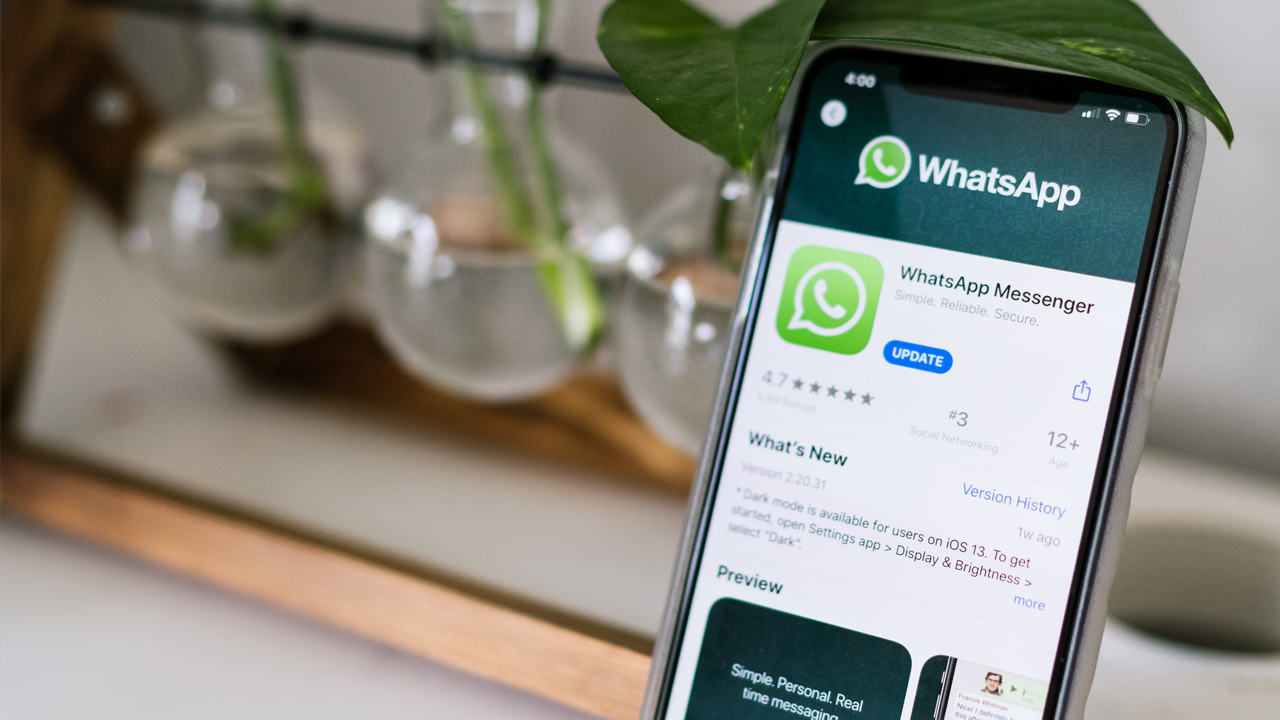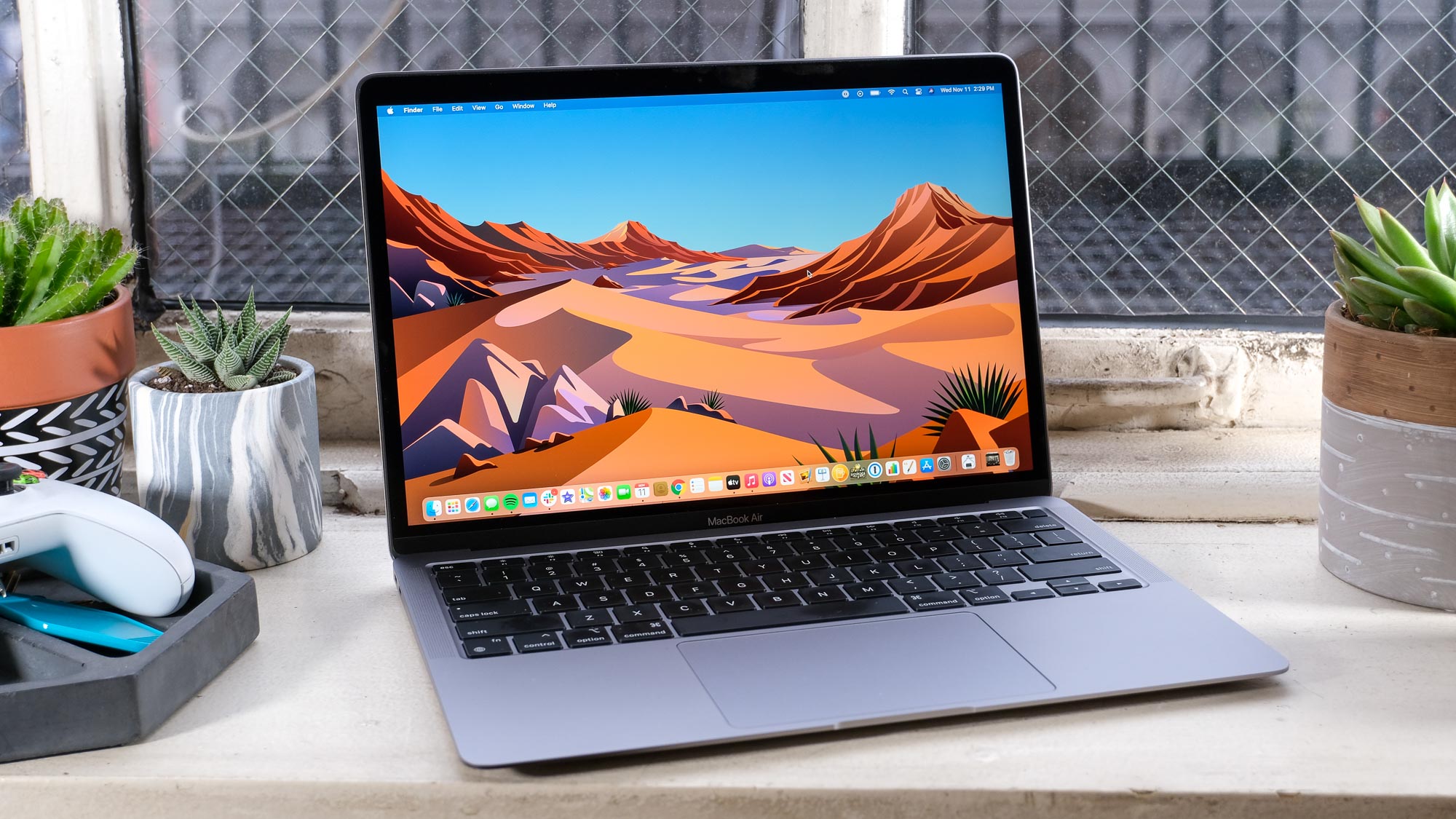WhatsApp desperately wants you to know that it's committed to your privacy
Facebook-owned WhatsApp is pushing its privacy credentials through Status messages

Ever since WhatsApp updated its privacy policy to allow certain data to be shared with parent company Facebook, the messaging app has been facing a PR backlash, with many users fleeing to what they view as more private chat apps.
Now WhatsApp is fighting back, with messages being sent directly to its own users via the app's Status system — temporary messages akin to Snapchat's Stories and Twitter's Fleets.
- The best encrypted messaging apps in 2021
- Best phones in 2021: The top smartphones rated
- PLUS: The new Mac mini M1 has a huge advantage — and it's not just speed
"One thing that isn't new is our commitment to your privacy," one message reads. "WhatsApp can't read or listen to your personal conversations as they're end-to-end encrypted," another adds.
“There's been a lot of misinformation and confusion around our recent update and we want to help everyone understand the facts behind how WhatsApp protects people's privacy and security," a WhatsApp spokesperson wrote in an email to The Verge. "Going forward, we're going to provide updates to people in the Status tab so people hear from WhatsApp directly."
There's a certain irony in the company using Status to counter misinformation when WhatsApp itself has in the past been pinpointed as a potent spreader of conspiracy theories and fake news. But whether users have been misinformed or not, rival apps have certainly taken advantage of the furor. Both Signal and Telegram have reportedly had membership surges, and the latter intends to capitalize on this by making it easy for WhatsApp exiles to import their old chats over to its platform.
As well as using Status messages to broadcast its defense, WhatsApp has set up an FAQ page about the proposed changes, which have already been pushed back from February to May. "We want to be clear that the policy update does not affect the privacy of your messages with friends or family in any way," the page explains.
"The changes are related to optional business features on WhatsApp, and provides further transparency about how we collect and use data."
Sign up to get the BEST of Tom's Guide direct to your inbox.
Get instant access to breaking news, the hottest reviews, great deals and helpful tips.
Not everyone is convinced by parent company Facebook's commitment to privacy — and that includes the app's co founder, Brian Acton, who left Facebook in 2017, three years after selling his company for $16 billion. Now a part of the Signal Foundation, Acton has been pretty clear on his views on the app's direction since departing: "I sold my users' privacy to a larger benefit," he told Forbes back in 2018. "I made a choice and a compromise, and I live with that every day."
Freelance contributor Alan has been writing about tech for over a decade, covering phones, drones and everything in between. Previously Deputy Editor of tech site Alphr, his words are found all over the web and in the occasional magazine too. When not weighing up the pros and cons of the latest smartwatch, you'll probably find him tackling his ever-growing games backlog. Or, more likely, playing Spelunky for the millionth time.

